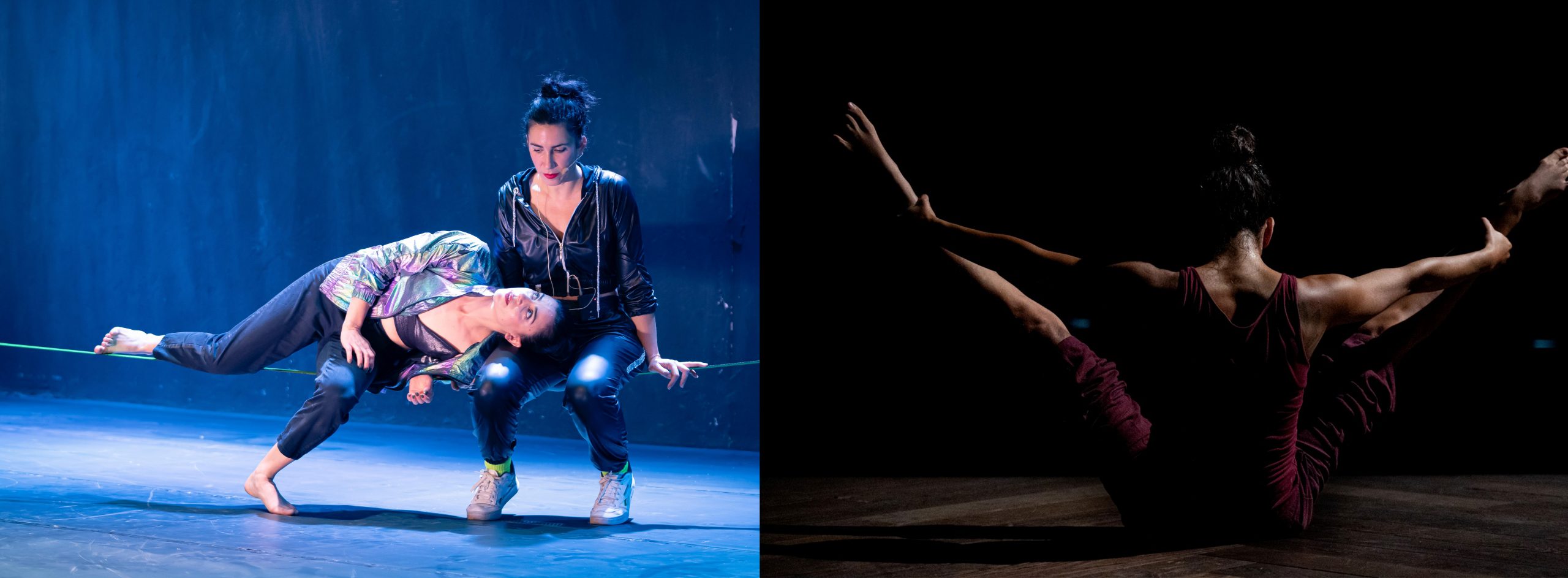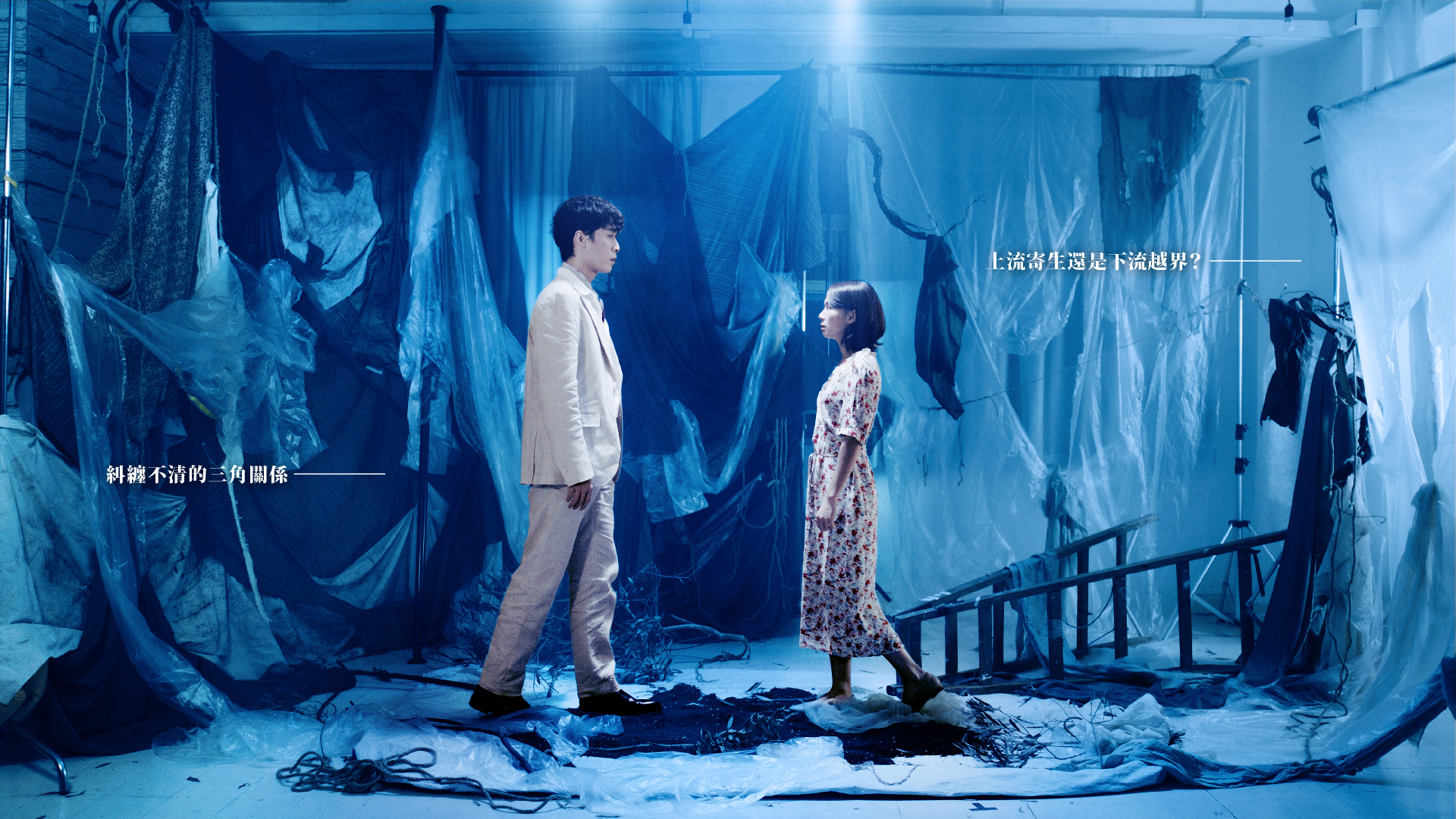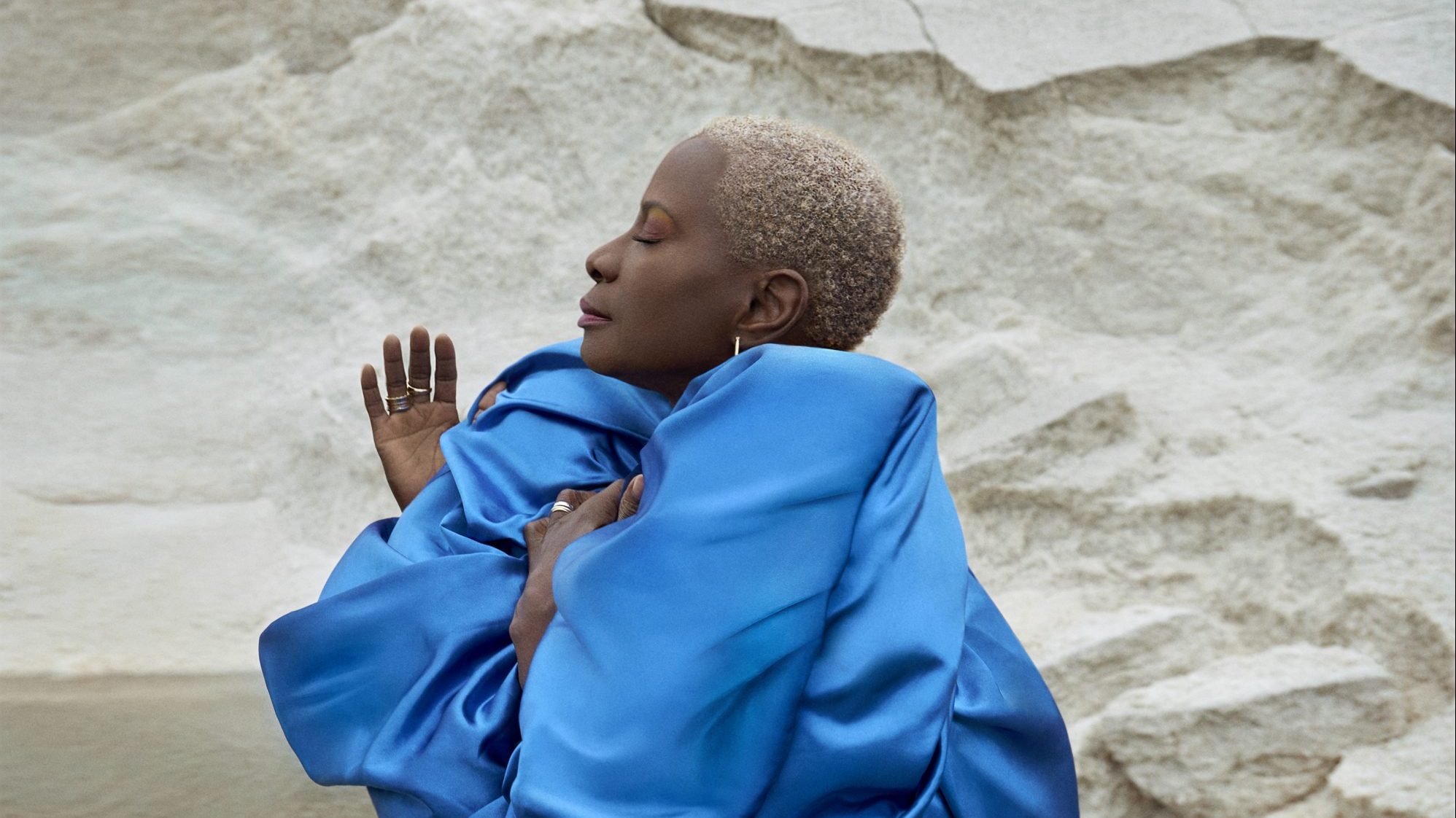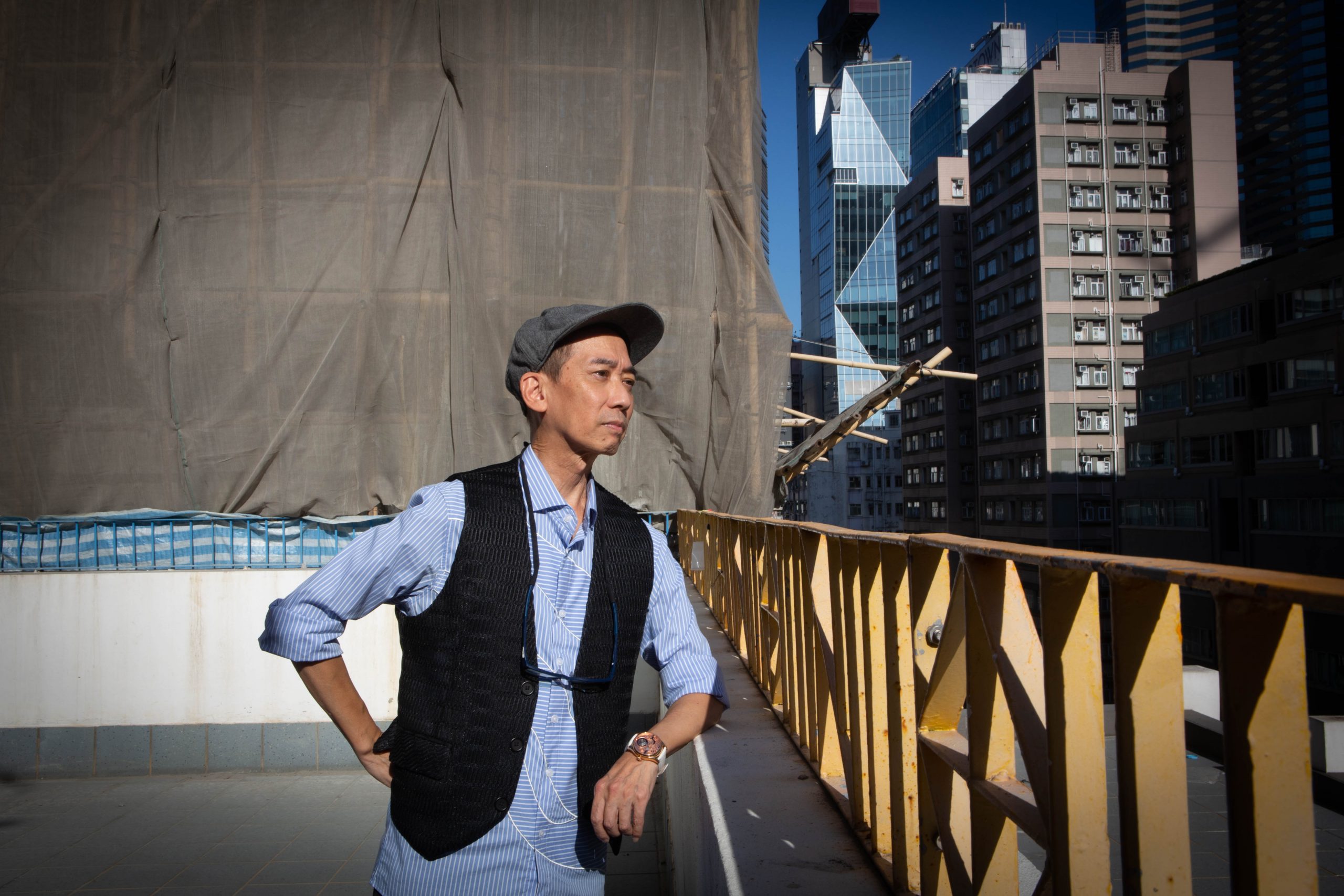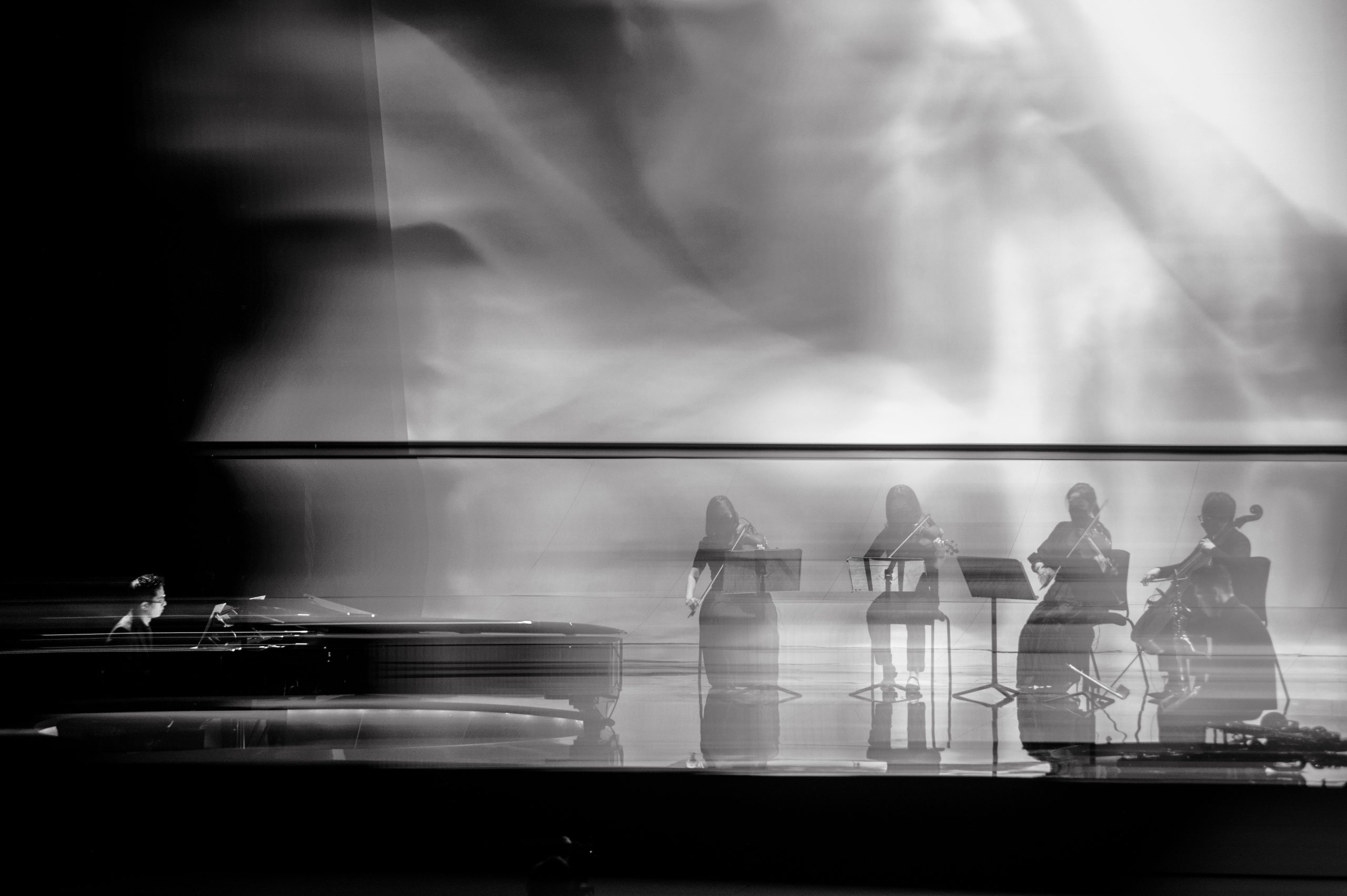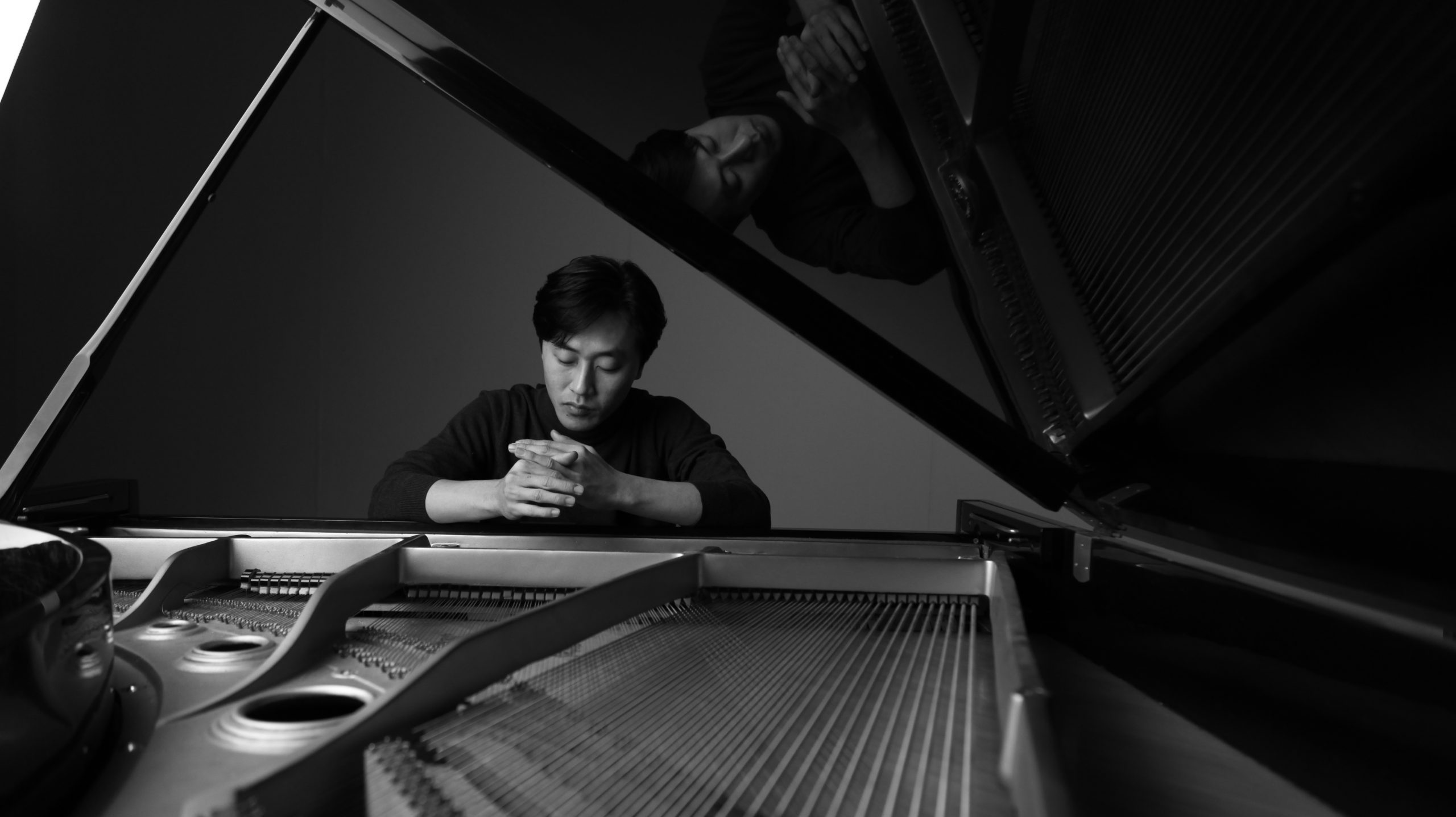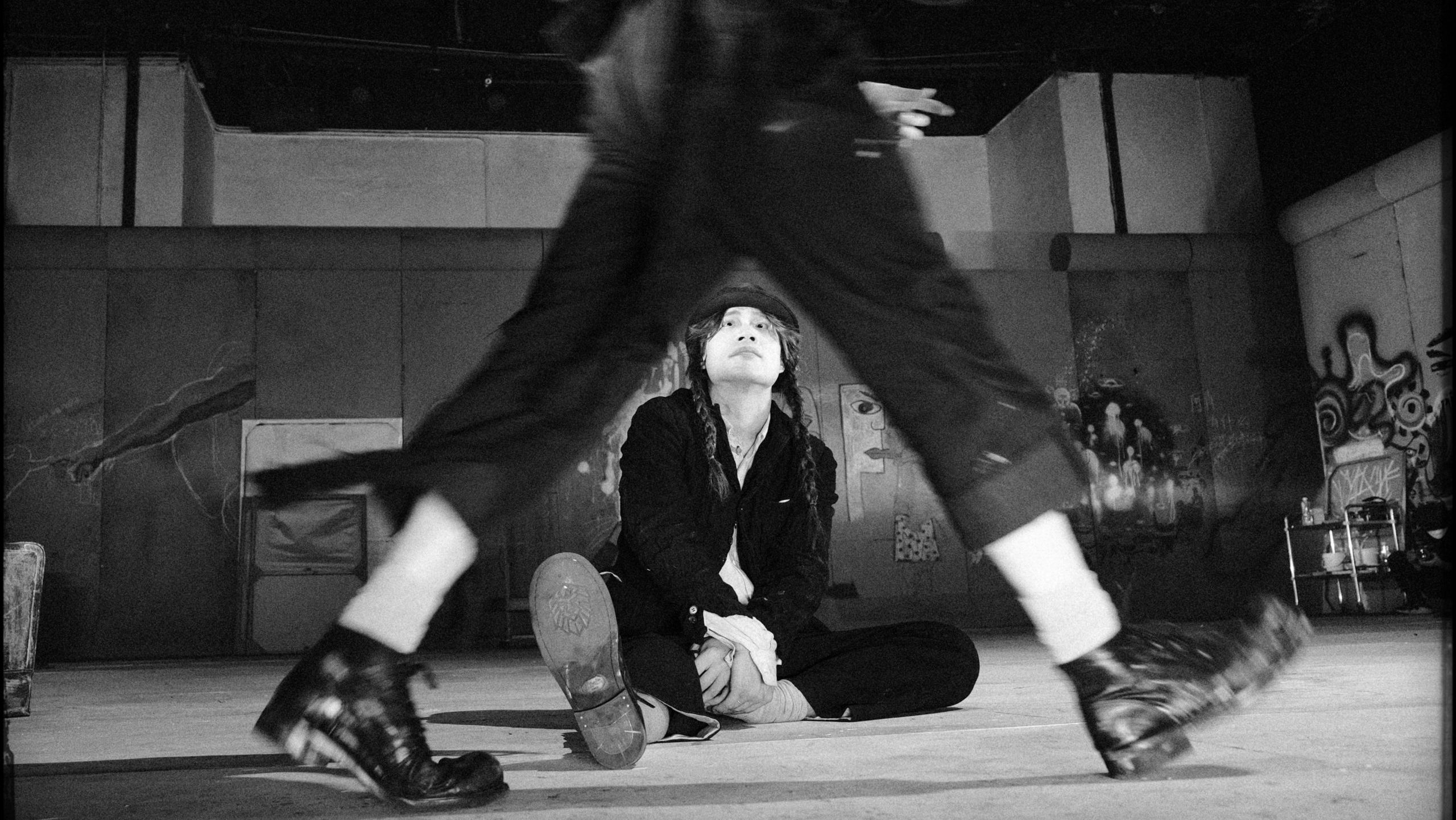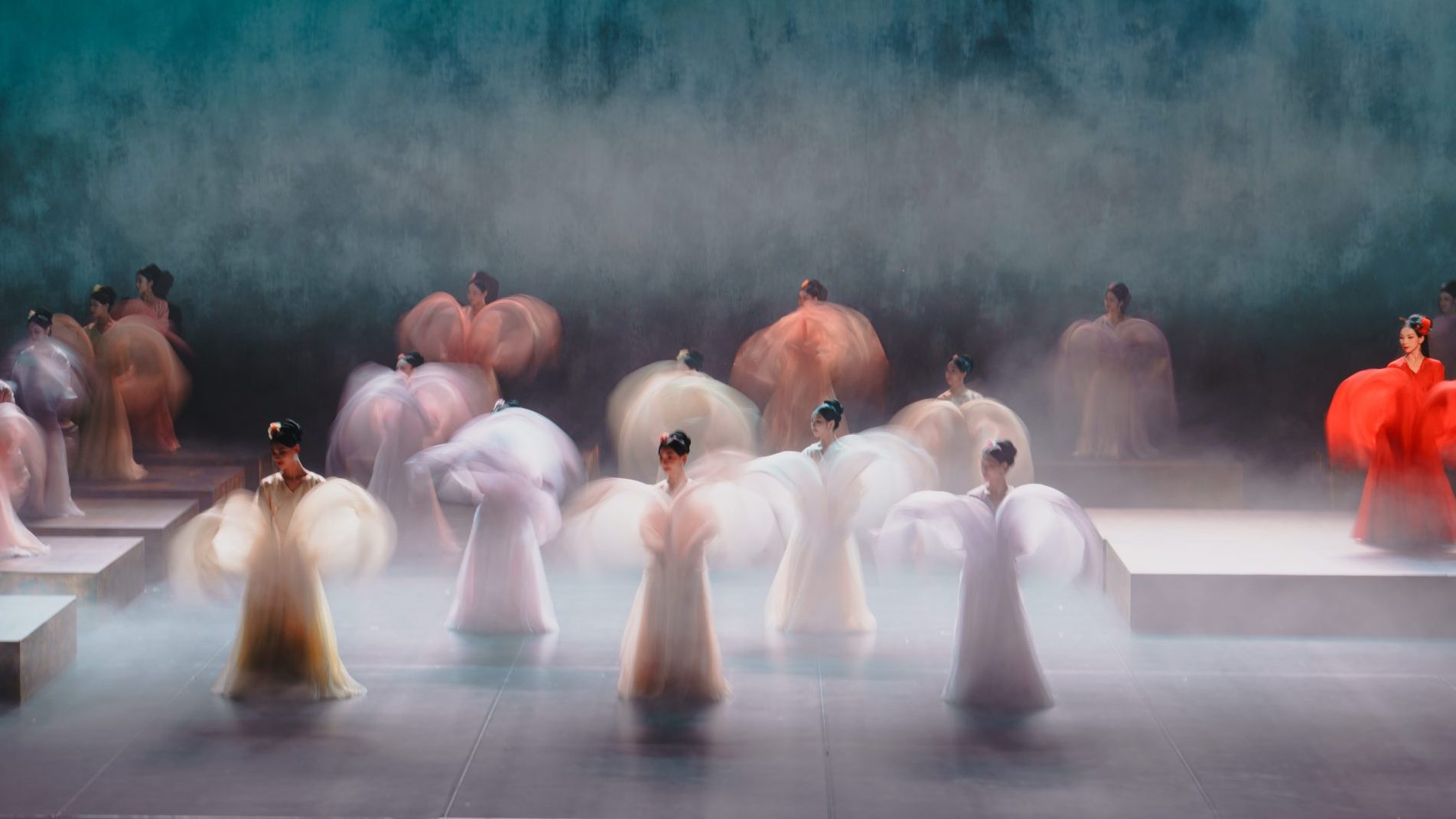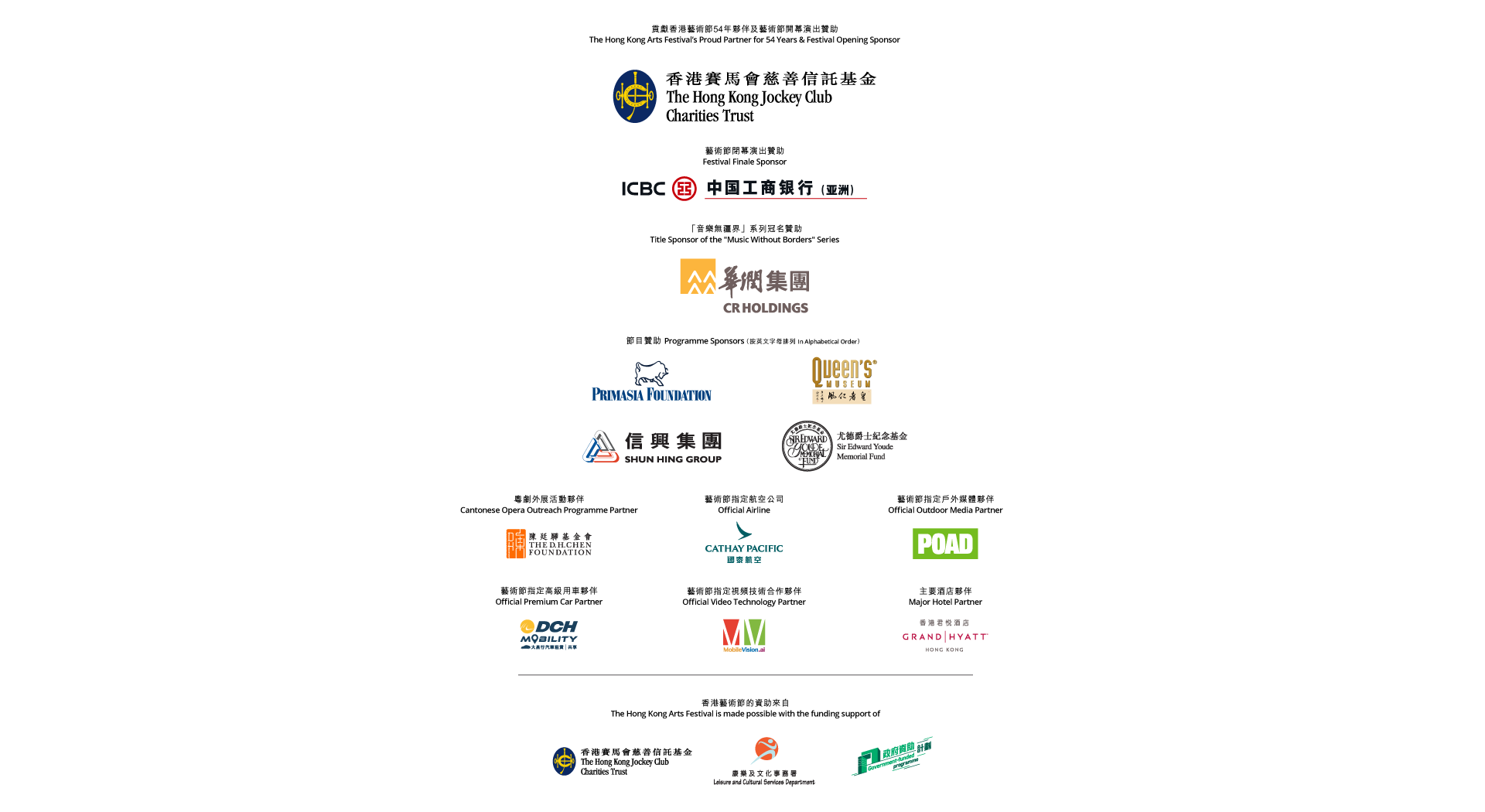How can we—or even should we—capture the monstrosity of life through art? The answer is probably no, if we subscribe to the idea that writing poetry after catastrophes is inherently barbaric. But for the creators behind the dance performances Losing It and Anchoring, it is precisely the act of creating art that allows us to grasp and transcend the ungraspable.
There's a certain matter-of-factness, a quiet fortitude, when Samaa Wakim and Samar Haddad King, the duo behind Losing It, talk about the daily plight of the Palestinian people: the sound of bombs, years of displacement and endless checkpoints—all of which are embodied by a single slackline on which Wakim leans, walks and dances to immaculately composed music by co-creator Haddad King. "When I walk on the slackline, it's about trying to find balance on an object that is hard to balance on. And it's a metaphor for our life in Palestine where we try to find balance in our daily life in a shaky place," Wakim tells FestMag.
"But it is also a safe place. Every time I am losing my sanity, losing focus, I go back to the slackline and it gives me back my calm, my focus. And it feels the same as being back home."
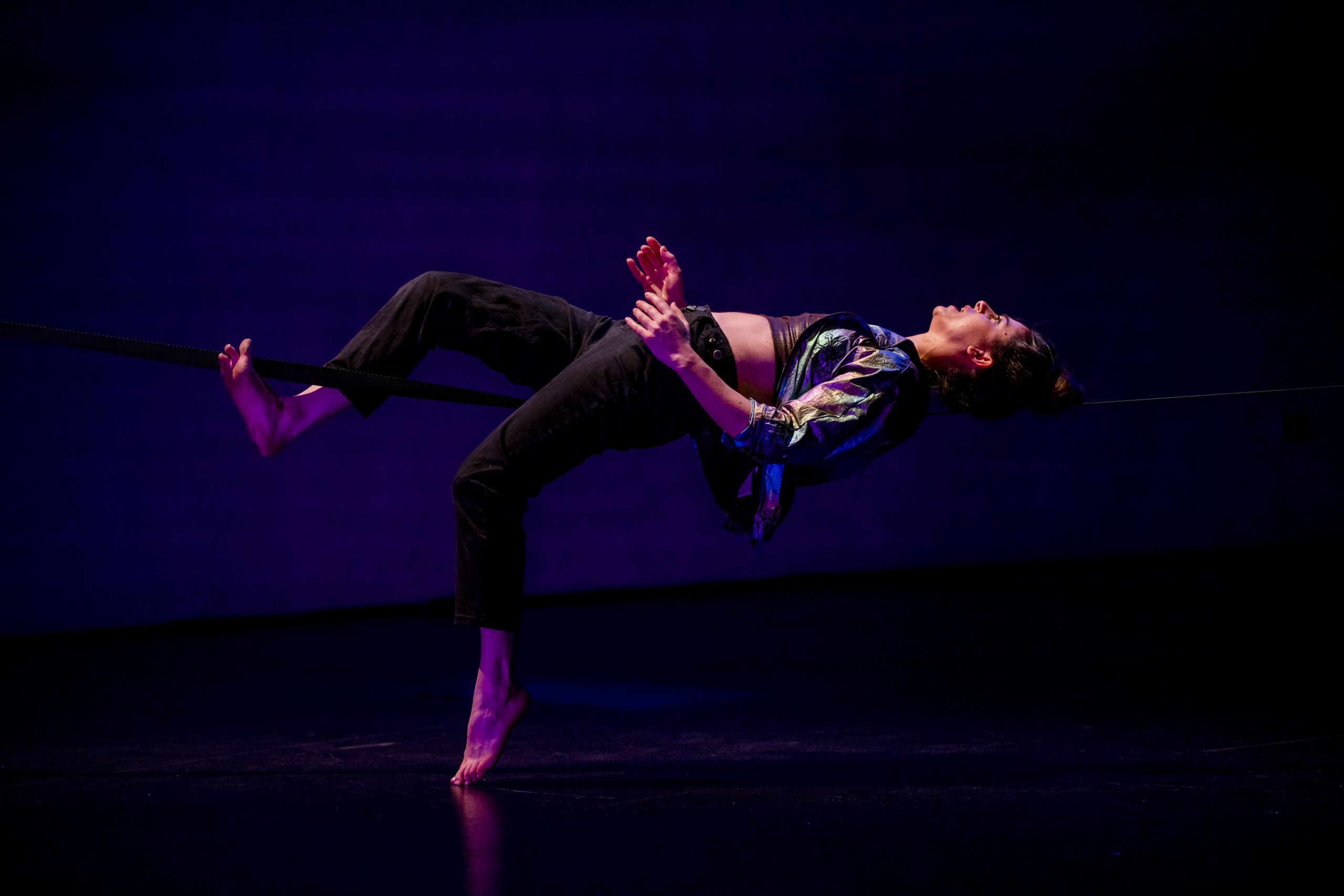
© Osterfestival Tirol_Victor Malyshev
After a crash course on the history of the women's movement in Egypt, I was half expecting a conversation about the oppression of women in the Arab world with Salma Salem, who fashioned an entire show based on the motif of the uterus. But our interview turned out to be cosmically greater in scale, and the conversation covered issues from the cycle of life, Donald Trump to, ahem, Chinese martial arts.
A particular move, which she calls the spine wave, was inspired by qigong movements, long believed to have health benefits for practitioners. For the Egyptian performer, dance is above all a ritual performed to liberate oneself—and she has done so by channeling her own passion for qigong into movements that can heal and connect with all women.
And the show reciprocates by becoming part of an empowering, cathartic experience for her." My parents were shocked when they saw Anchoring. They didn't realise how much stronger I had become. And [with this work] I think I'm stronger than ever before."

© Pierre Gondard
If the stark minimalism shared by the two performances (a single prop for Losing It and none for Anchoring) indicates anything, it is the reminder that it is always and essentially humanity—rather than the visual spectacle—that rises above the enormity of life. Both shows place the individual, and the individual alone, at the centre of the performance and of humanity at large.
But is this collective trauma representable or comprehensible to outsiders? Maybe not. But for Haddad King, art is capable of achieving something greater. "We met so many people—in Cairo there was a presenter who was Irish and had gone through war in her childhood. Cubans. And they all seem to understand those fears, the state of finding balance. This is why we make art—to create a door where people can walk through or a mirror where people can reflect on something they've gone through."
Arab Arts Focus—Losing It
Date: 27 and 28 Feb, 2024
Venue: Studio Theatre, Hong Kong Cultural Centre
Details: https://www.hk.artsfestival.org/en/programme/Arab_Losing_It?
Arab Arts Focus—Anchoring
Date: 2 and 3 Mar, 2024
Venue: Studio Theatre, Hong Kong Cultural Centre
Details: https://www.hk.artsfestival.org/en/programme/Arab_Anchoring?


